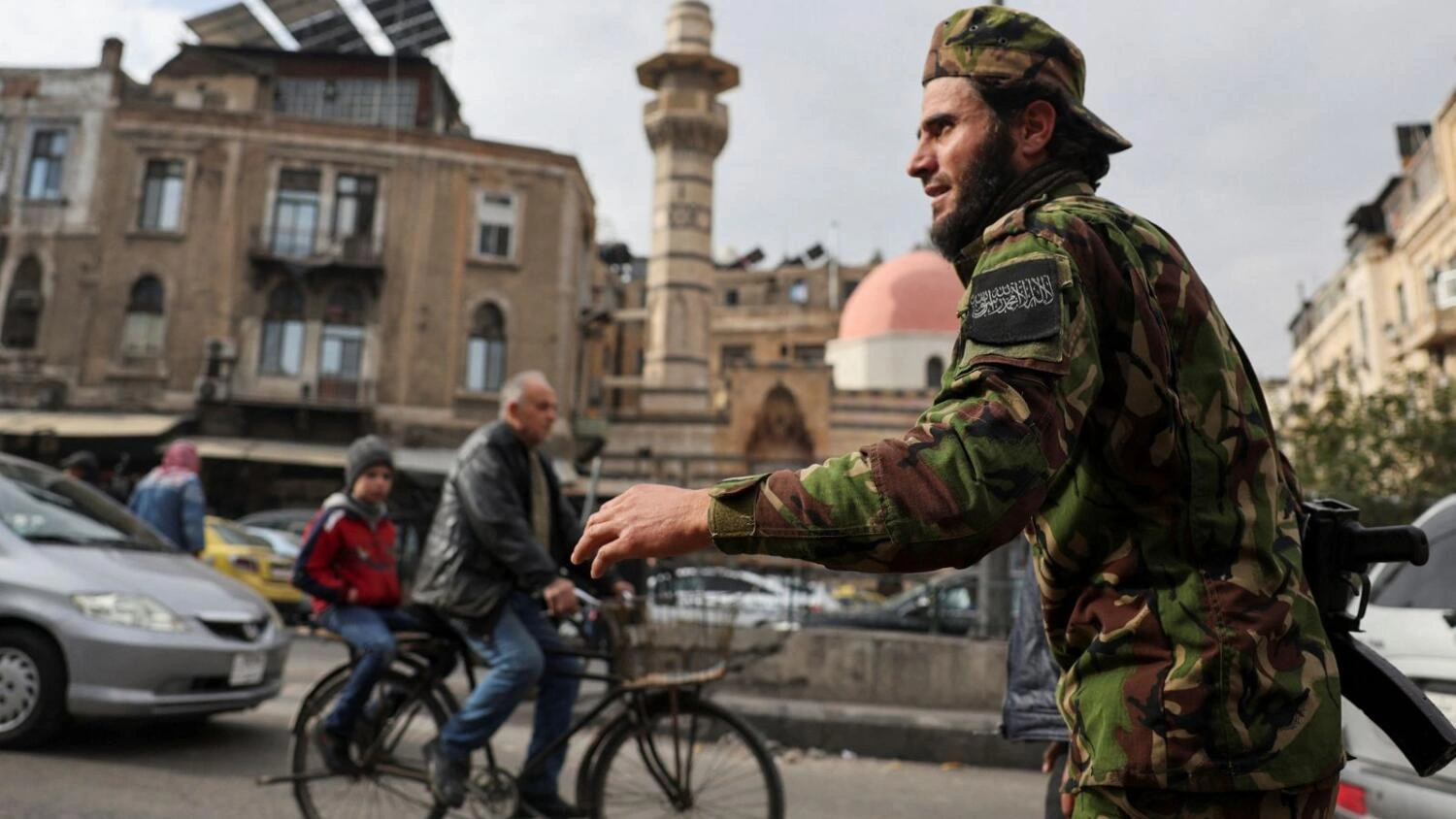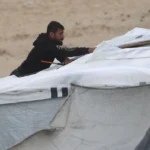Syria’s new authorities began a major security crackdown on Thursday in the coastal Tartous region after 14 policemen were killed in an attack the previous day. The government vowed to target “remnants” of the ousted Bashar Al Assad regime, who they hold responsible for the attack, according to state media.
The violence in Tartous, a stronghold of Assad’s Alawite sect, marks the deadliest confrontation for the Islamist-led authorities since they ousted Assad from power on December 8.
State news agency SANA reported that security forces launched the operation to restore stability in Tartous’ rural areas, focusing on pursuing “remnants of Assad’s militias hiding in the woods and hills.”
Under Assad, Alawites dominated Syria’s security forces, which played a key role in crushing opposition during the country’s 13-year civil war and decades of authoritarian rule.
Protests with a sectarian tone emerged in the region, with demonstrators chanting “Oh Ali!” outside the local government headquarters in Tartous, as seen in verified social media videos.
Hayat Tahrir Al Sham, a former Al Qaeda affiliate now leading Syria’s rebel administration, has promised to protect religious minorities. However, fears persist among some communities that the new rulers might enforce conservative Islamist policies.
Meanwhile, Mohammed Othman, the newly appointed governor of Latakia, which borders Tartous, met with Alawite leaders to promote “community cohesion and civil peace,” SANA reported.
Rising tensions in Homs
In the city of Homs, 150km north of Damascus, unrest linked to demonstrations by members of the Alawite and Shia communities led to an overnight curfew on Wednesday. State media reported the measure following clashes in the area.
Social media videos showed chaotic scenes of people scattering amid gunfire, which Reuters confirmed as being filmed in Homs. However, it remains unclear who was responsible for the shooting.
Regional reactions
Iran, Assad’s long-time ally, expressed disapproval of recent developments in Syria. On Sunday, Iranian Supreme Leader Ayatollah Ali Khamenei called on Syrian youth to resist those causing instability, predicting that “a strong and honorable group” would emerge in the country.
However, Syria’s newly appointed foreign minister, Asaad Hassan Al Shibani, responded sharply, urging Iran to respect Syria’s sovereignty and warning against actions that could spread chaos.
Lebanon, in its first official communication with Syria’s new administration, expressed hopes for improved neighborly relations. During Syria’s civil war, Iran-backed Hezbollah forces had supported Assad but recently shifted their focus back to Lebanon due to conflicts with Israel. This redeployment has weakened Assad’s former strongholds.
The unfolding events highlight the challenges facing Syria’s new leadership as they navigate a country scarred by years of conflict and divisions.





